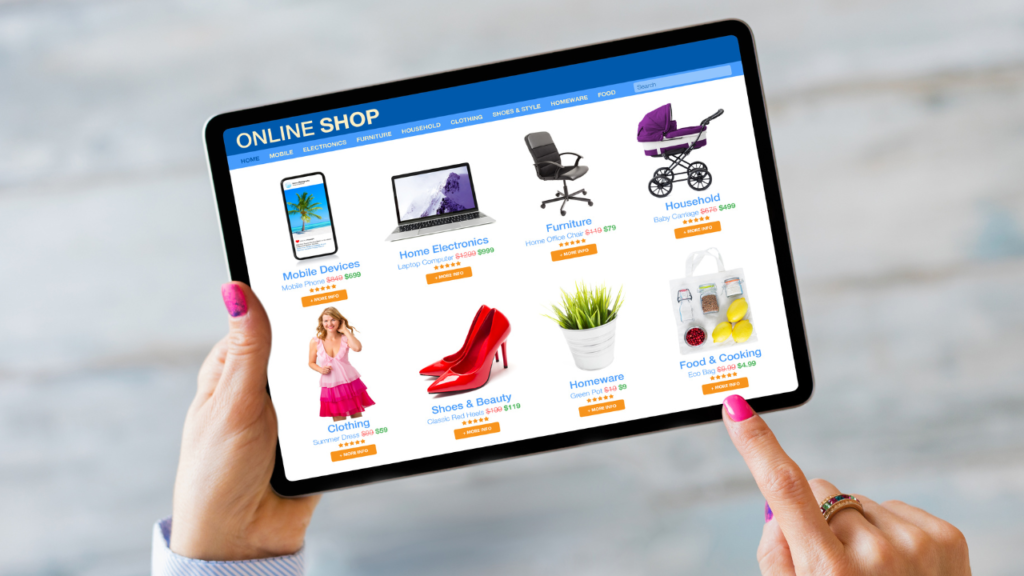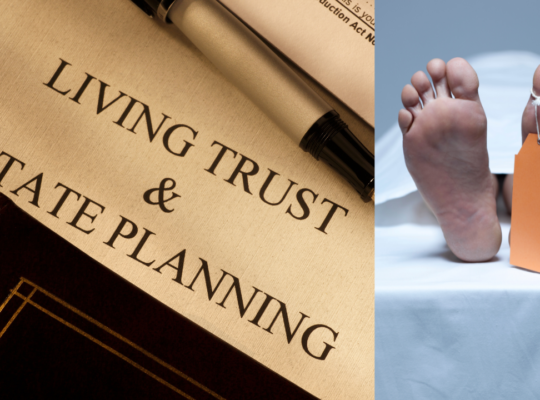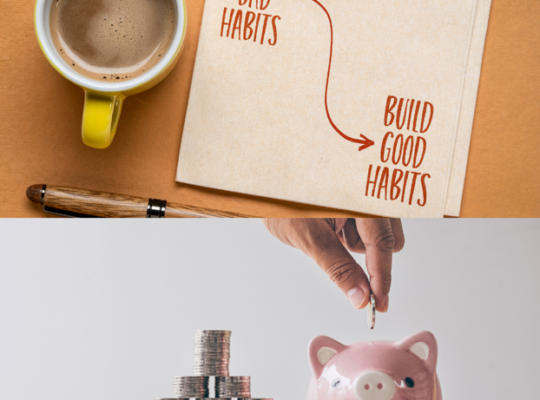
To deal with the Covid pandemic, individuals have turned to screens more often, even for online shopping. When utilized as a rare indulgence, watching TV or surfing the internet for online shopping is not an issue. Yet, for some individuals, these practices can become addictions that are difficult to overcome.
Here’s how to tell whether internet shopping is problematic and what one can do if it is.
An activity develops into an addiction when the below points are satisfied:
- the activity is plainly inappropriate in light of the circumstances;
- it produces considerable discomfort or harm for the individual or some important persons in their lives; and
- it continues despite not yielding an incentive
Purchasing for your weekly groceries on the internet is not frequently regarded as a behavioural addiction. Online shopping, on the other hand, may be called an addiction if you discover yourself performing the following things:
- spending a lot of time shopping;
- purchasing far more than you need; or finding it difficult to quit shopping despite the fact that you seldom like the items you purchase.
Relationship problems and money difficulties are two more red flags that your internet purchasing has become a source of concern. Some people may have difficulties with internet shopping without even shelling out a lot of money; simply spending too much time exploring things may be sufficient to require contemplation, and maybe rescue.
What research says?
Online shopping may be a social or recreational pastime for many individuals. It may seem nice, and encourages to experience something good (and not terrible) can get entwined with a wish to acquire and own materialistic items.

Indeed, research reveals that obsessive purchasing is linked to a sense of helplessness in the face of stress. Inappropriate purchasing can also happen when people try to substitute for an unfulfilled emotional demand, such as an urge to feel qualified, in authority, or associated with others. When others who are important to them fail to support them, people may turn to calming items, and this can be done majorly by shopping online. When individuals are conflicted or unsure about their understanding of self-worth, they may shop excessively.
It’s hardly surprising, however, that many people claimed resorting to internet purchasing to deal with enormous shifts in their social, professional, and family life during the Covid pandemic.
So, what to do now to avoid this?
There are numerous approaches you may adopt.
The first step is to identify what motivates your internet purchasing. Do you want to feel good about yourself or get rid of unpleasant feelings like monotony, worry, or anxiety? Are you having trouble sleeping or eating properly? If this is the case, distressing incidents may be more challenging to deal with.
Is internet buying more common at a given time of day or under certain conditions, such as after you finish your dinner, browsing through social media, or resting in bed upon completion of your tough office job?
Next, consider whether there are any alternative, more efficient ways you may react to anything that is causing your compulsive purchasing. If you have a habit of reacting instinctively to circumstances, practice by noticing your impulse to overreact and pick a less impulsive and more beneficial or rewarding work. The ability to withstand unpleasant thoughts and adapting appropriately to those difficult situations is linked to better health results.
Talking to your neighbor, or inviting your friend to your house for a casual talk, engaging in something relaxing (such as having a bath or reading a book), doing physical activity such as going for a walk or a jog, or engaging in something you enjoy, can make you feel endorsed, relaxed, and gifted.

If you could find out what time of the day you fall into this internet buying obsession, pull out a book (that interests you) and read a few pages of it (not a digital copy on your phone, but a physical hard copy of the book). These hobbies can also help with feelings of despair and anxiety.
Create a daily routine once you’ve determined what you can accomplish versus online buying. A timetable can make you sense more in command of your life and will minimize the amount of time you have available to make purchases online.
Set objectives and keep track of your buying habits. You may also try making lists of items to buy and sticking to them when purchasing groceries and other necessities. Set an alarm to limit your browsing duration. Setting limits on how much money you expend is also a healthy habit to develop. If feasible, utilise debit cards rather than credit cards so that you may only spend what you possess.
If things become really bad, you may even switch to cash-only transactions (by barring all of your debit and credit cards, as well as your online banking), in which case you’ll have to go to the store in person to buy. You cannot purchase online at all. But consider this as a last resort, as you may genuinely need to do online shopping for some urgent necessities, but you may not be able to do if you cancel all you online payment modes.
Avoid ‘buy now, pay later’ offerings, and consider cancelling the additional credit cards that you have to minimise your capacity to spend money you don’t have.
Finally, remember to gratify yourself with something that is interesting to purchase for (not online purchase, but offline purchase) when you reach your ‘no-online-shopping’ targets (such as no-online shopping week or no-online shopping month).
According to studies, these measures can help people lessen their impulsive online purchasing habit, and hence peaceful life and lighter on your pockets as well.
Check out my other blogpost on why it is vital for us to track our spending.
Do Follow me on Linkedin and Quora for more such insightful posts on personal finance, money management, investments, retirement, etc.





